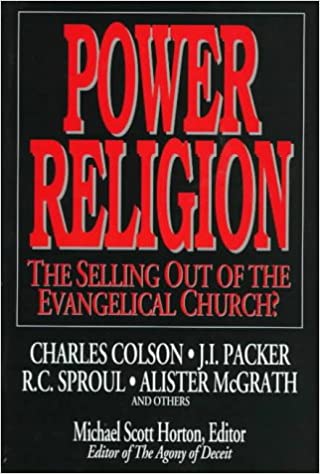A Chapter Summary from Books At a Glance
by Steve West
Note: You can access the entire chapter here.
Until recently, those in the Western church who thought about signs and wonders tended to do so from the perspective of classic Pentecostalism, or as cessationists in the dispensational or Reformed molds. Many evangelicals, however, could not accept the cessationist arguments, but also could not accept the problematic features of Pentecostalism’s second blessing theology. This is where John Wimber and the Vineyard movement have come in. They reject the idea that everyone will be healed on the basis of their faith, and argue that the kingdom of God and the kingdom of Satan are locked in a power struggle. Signs and wonders are not merely attestations for authentication: they are displays of kingdom power. Wimber argues that we should expect signs and wonders in the kingdom as surely as we expect to see conversions.
Wimber views signs and wonders in terms of exorcisms, healings, and words of knowledge. He maintains that they are necessary manifestations of the kingdom. They do not happen all the time, but they must be part of witness and evangelism.
“Signs and wonders” is not the best way of describing the Vineyard’s position, since signs and wonders in Scripture refer to God’s redemptive-historical appointments, and the texts in which the language is used tend to be looking back on what God has done and calling people to pay attention to the past. The apostle John points his readers to Jesus’ signs so that they will believe in Jesus; he doesn’t call them to look at present signs that are happening in their midst. . . .
[To continue reading this summary, please see below....]The remainder of this article is premium content. Become a member to continue reading.
Already have an account? Sign In
